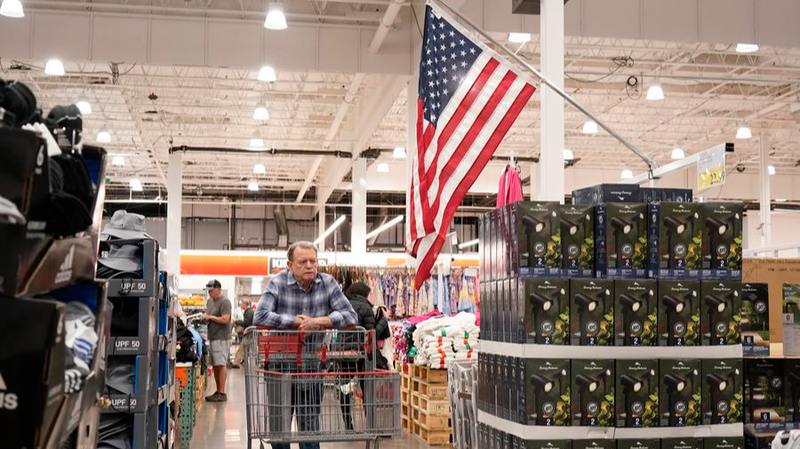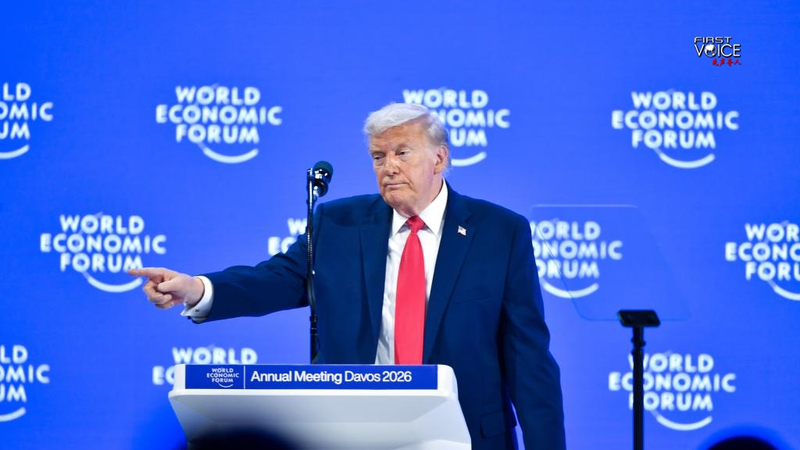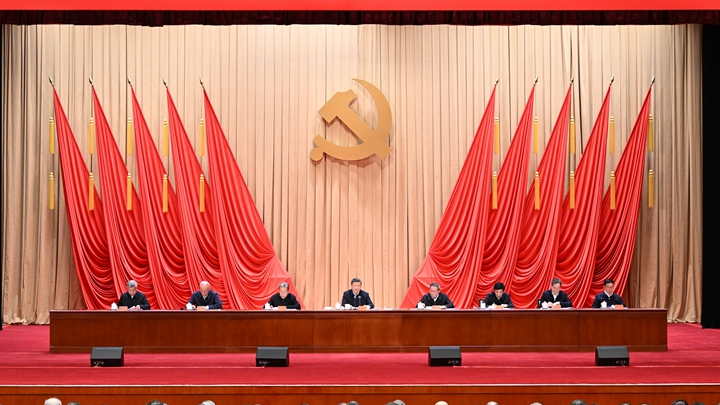Recent U.S. tariff rounds on products from the Chinese mainland have sparked a heated debate. While these tariffs are touted as a fix to trade deficits and a revival of domestic manufacturing, the reality in our tech-driven, global era is very different. 🌍
Modern production isn’t like the old-school 1930s assembly line. Think about it—when Apple’s late Steve Jobs famously remarked, "Those jobs aren't coming back," he was hinting at the truth behind intertwined supply chains. Imposing tariffs on key components only jumbles the gears for multinational giants like Apple and Tesla, leaving them with a lose-lose decision: cut back on R&D or pass costs onto customers. 😬
History backs this up too. Studies show that previous tariff policies have led to job losses rather than gains. For example, tariffs from past administrations saw a dip in manufacturing employment, and similar moves might also drive up borrowing costs if unexpected moves shake up global financial holdings.
At the end of the day, tariffs may act as a hidden tax on everyday families. Estimates suggest that an average U.S. household could face an extra burden each year—hit hardest among those with tighter budgets. In a world where technological innovation and global partnerships fuel progress, sticking to outdated protectionism only drags down growth.
For young professionals and tech enthusiasts, this is a reminder that economic policies must evolve with the times. Instead of clinging to measures that seem to be all show and no substance, it’s crucial to embrace solutions that support domestic innovation while staying connected with the global community. 🚀
Reference(s):
cgtn.com




